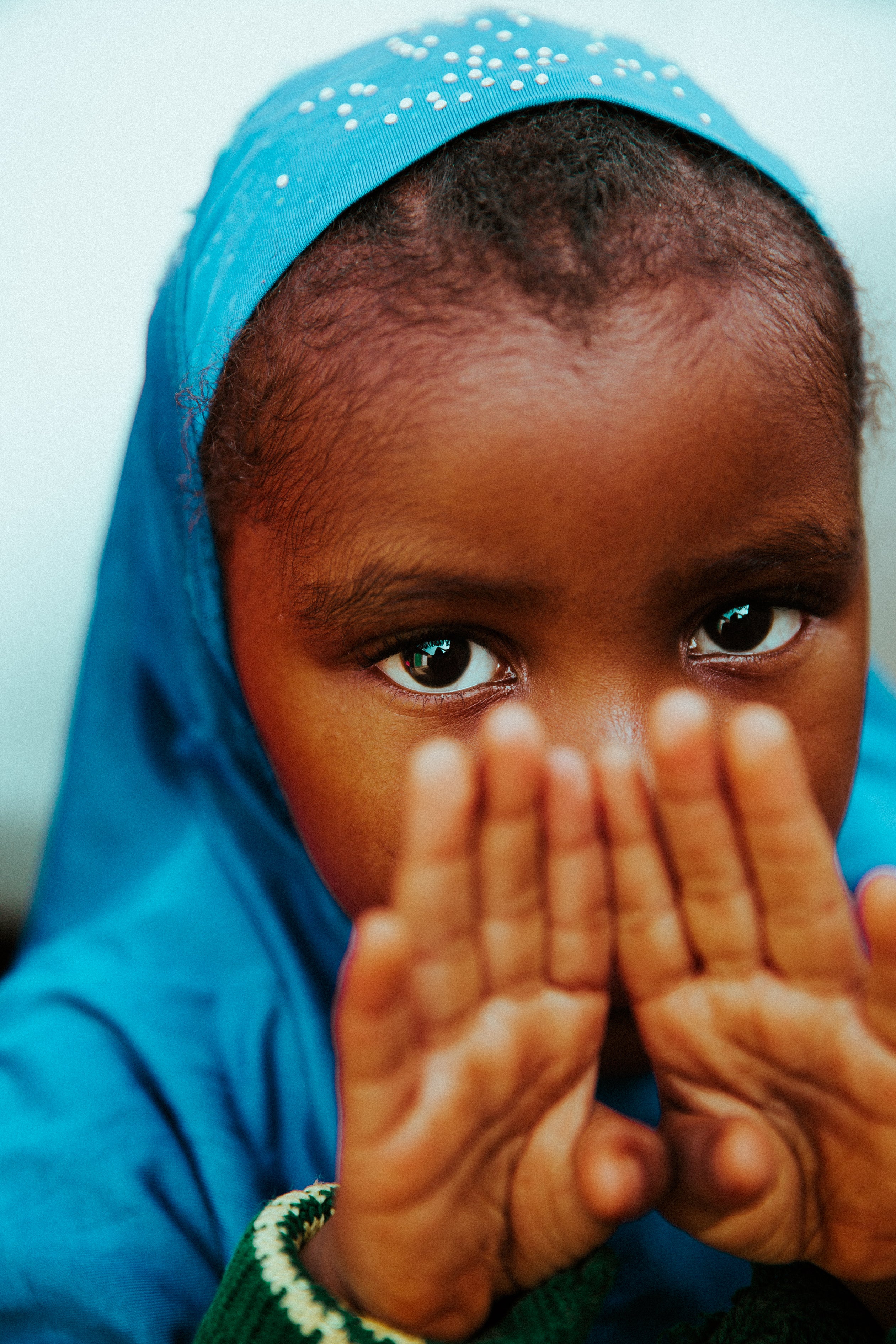
Representativeness of black lives - Reflections on culture, stereotypes and equality
*Text written by Fernanda Galeoti
What comes to mind when you think about black people? Is the skin color melanin? Or who knows braids with colorful and fun trinkets? Perhaps you think of their incredible musical and athletic abilities. But perhaps the first words that came to mind were more focused on portraits of poverty and misery. None of these cases is surprising. And this is the result of a society that stereotypes black lives in this way.
The word “Black” represents an extremely diverse group of people, spanning many geographic areas and a range of religious beliefs, ethnicities and languages. However, there always seems to be a flawed idea of community in society, turning what should be a beautiful mosaic into a uniform canvas. This dull depiction of black lives often presents the group in a somewhat negative light. This affects not only how others perceive them, but it also affects how they see themselves.
Black people are often subjected to unfair social labels and expectations. A Yale University study, for example, reveals that many preschool teachers have implicit prejudices against black students. This results in a lagged school experience for the child, and even worse, it does not allow him to fully enjoy the childhood years in his interactions with friends and also inhibits him in his school activities.
The authors of the study believe that the discovery helps to explain worrying numbers in early childhood education - 3 to 7 years. In the US, only 19% of children enrolled in preschool are black. Even though they are a minority, they break records for suspensions: they are 3.6 times more likely to receive one or more suspensions than white children. And these prejudices persist throughout a black person's life experience.
The representation of blacks in society also has devastating effects on self-esteem. This became more evident in the popular Test of the Dolls - a video made by the American filmmaker and documentary filmmaker Kiri Davis, in which black children are presented with two completely identical dolls, except for the color of their skin and hair. Most children preferred the white doll to the black doll, revealing an internalized racism that often hinders the self-acceptance and identity construction process of many black children.
Furthermore, according to the book Meeting the Mental Health Needs of Racial and Ethnic Minority Youth - A Guide for Professionals , when young people hold a positive view of their racial and ethnic identity, it acts as a protective factor, increasing your self-esteem and protecting you against racism and discrimination; therefore, reducing possible psychological difficulties and improving mental health.
The lack of black representation is a problem that extends to the academic world as well, when reality shows that the number of black professors is few. Authors such as Djamila Ribeiro, writer of the Pequeno Manual Antirascista, confirm this clear underrepresentation. Studies on the subject prove that such dynamics make black students constantly absorb subliminal messages about who they are and what they can become, as not having anyone who looks like you in an academic position can discourage someone from pursuing a career.
Effecting positive representations of blacks in society will require collective efforts. But how can we change a narrative that seems so firmly rooted? Research points out that starting to include more “models” of behavior for blacks in society is a start. They can be teachers and journalists, not just rappers and basketball players. We can also increase representation by supporting black businesses, ventures, and politicians. Supporting media and filmmakers who present black people in a more honest and prevalent way is also a way to contribute.
Ultimately, such an effort will lead to the creation of a fairer society in which everyone has a more equal chance of succeeding in life - without negative perceptions of race working against them.


